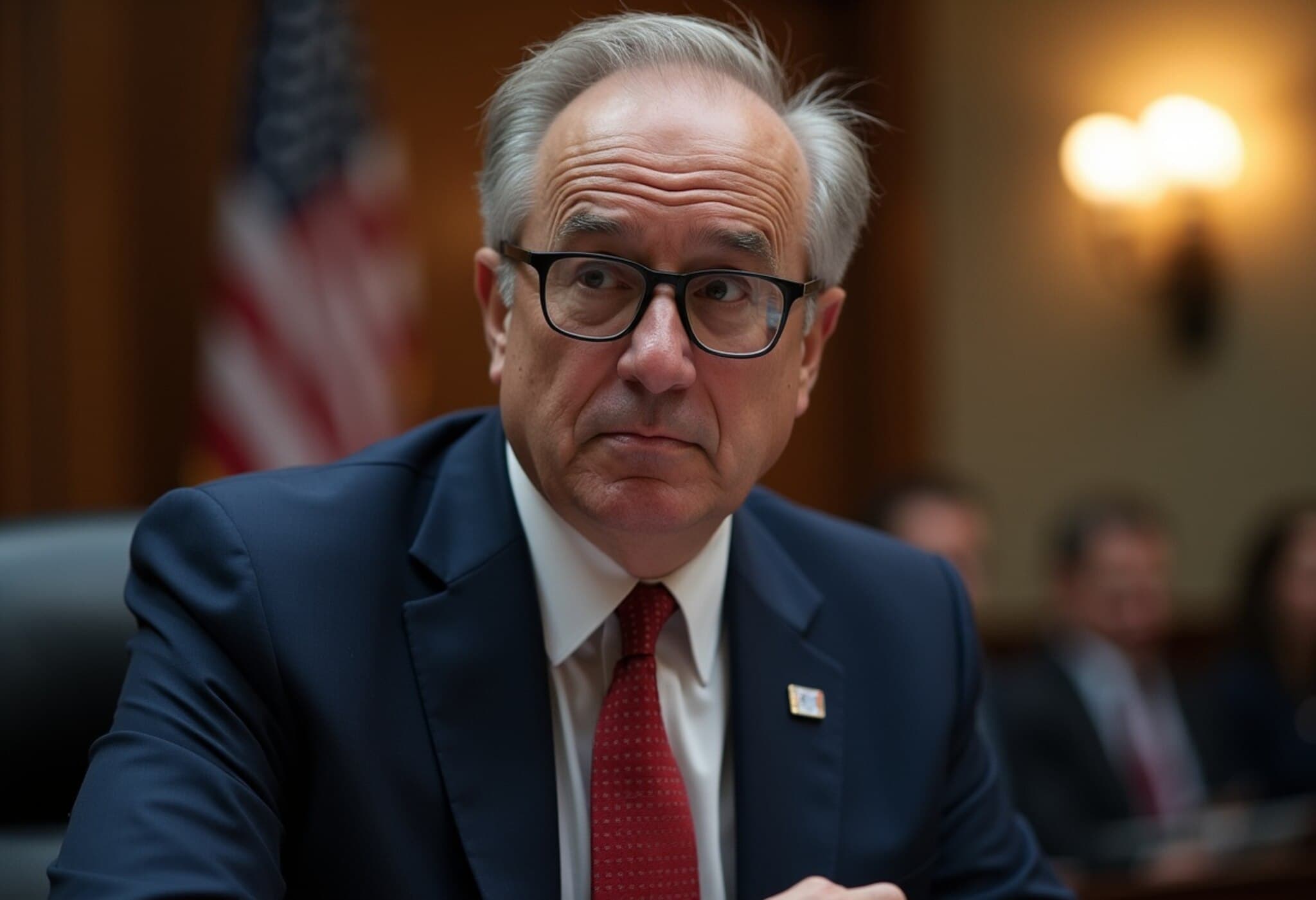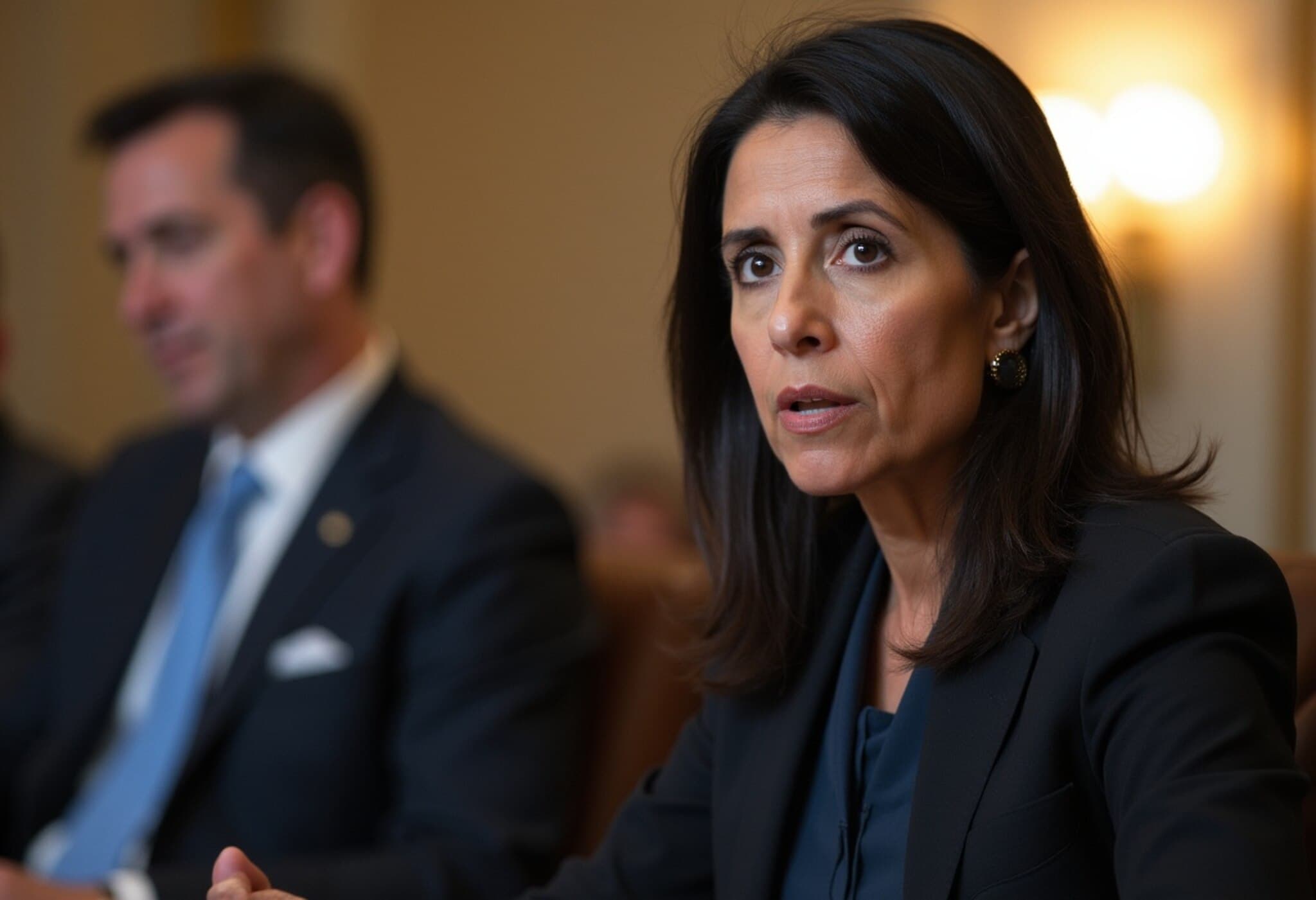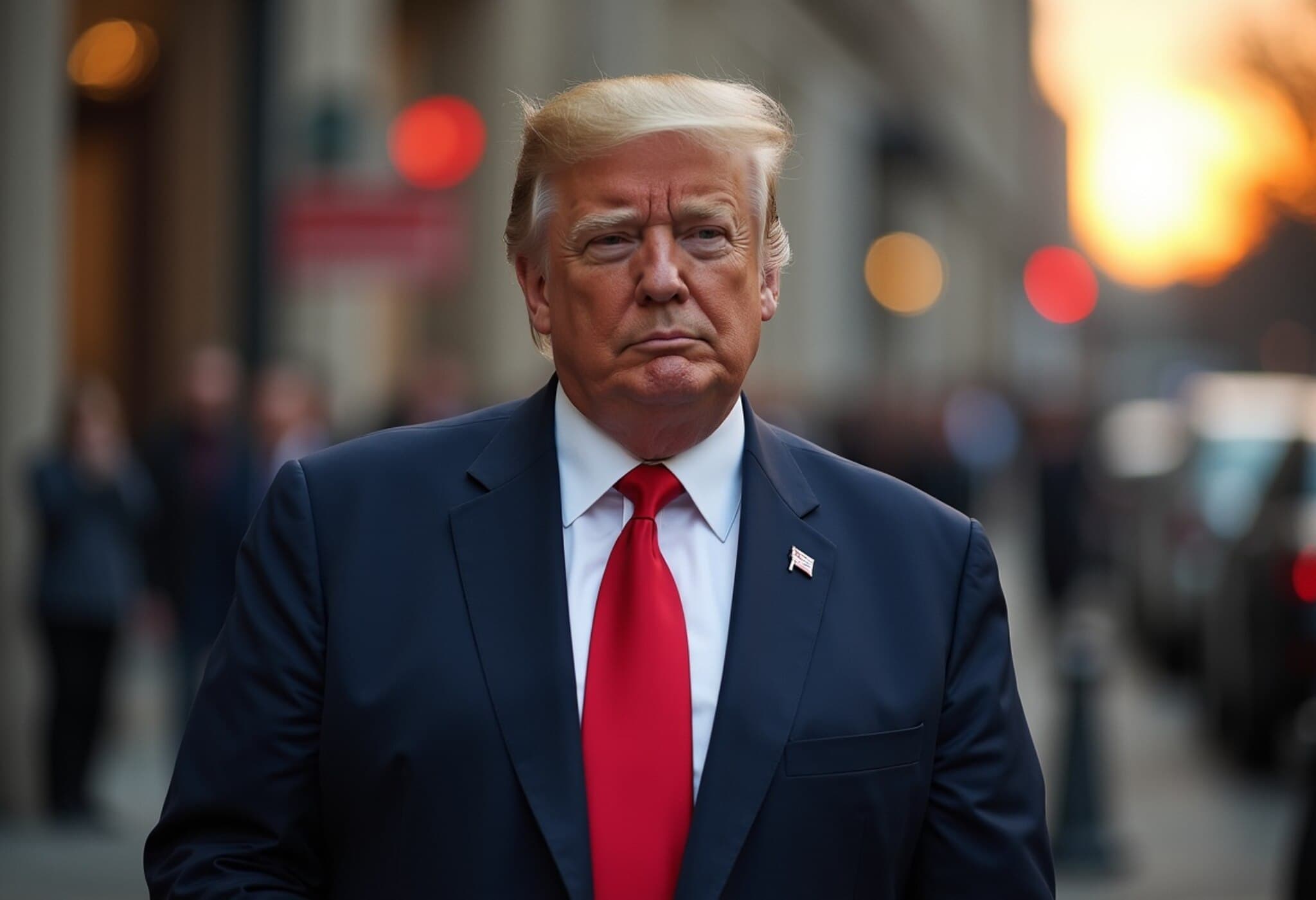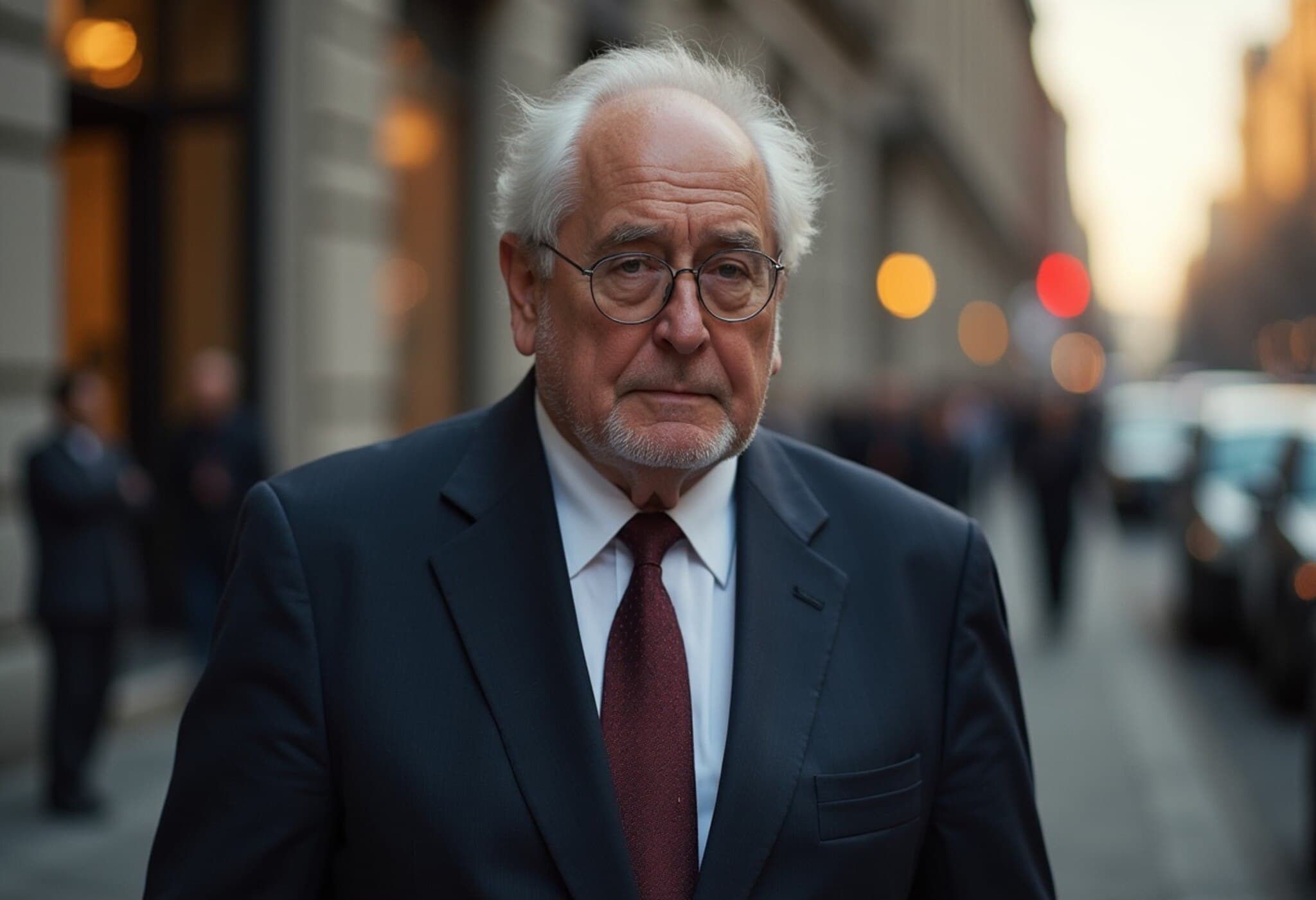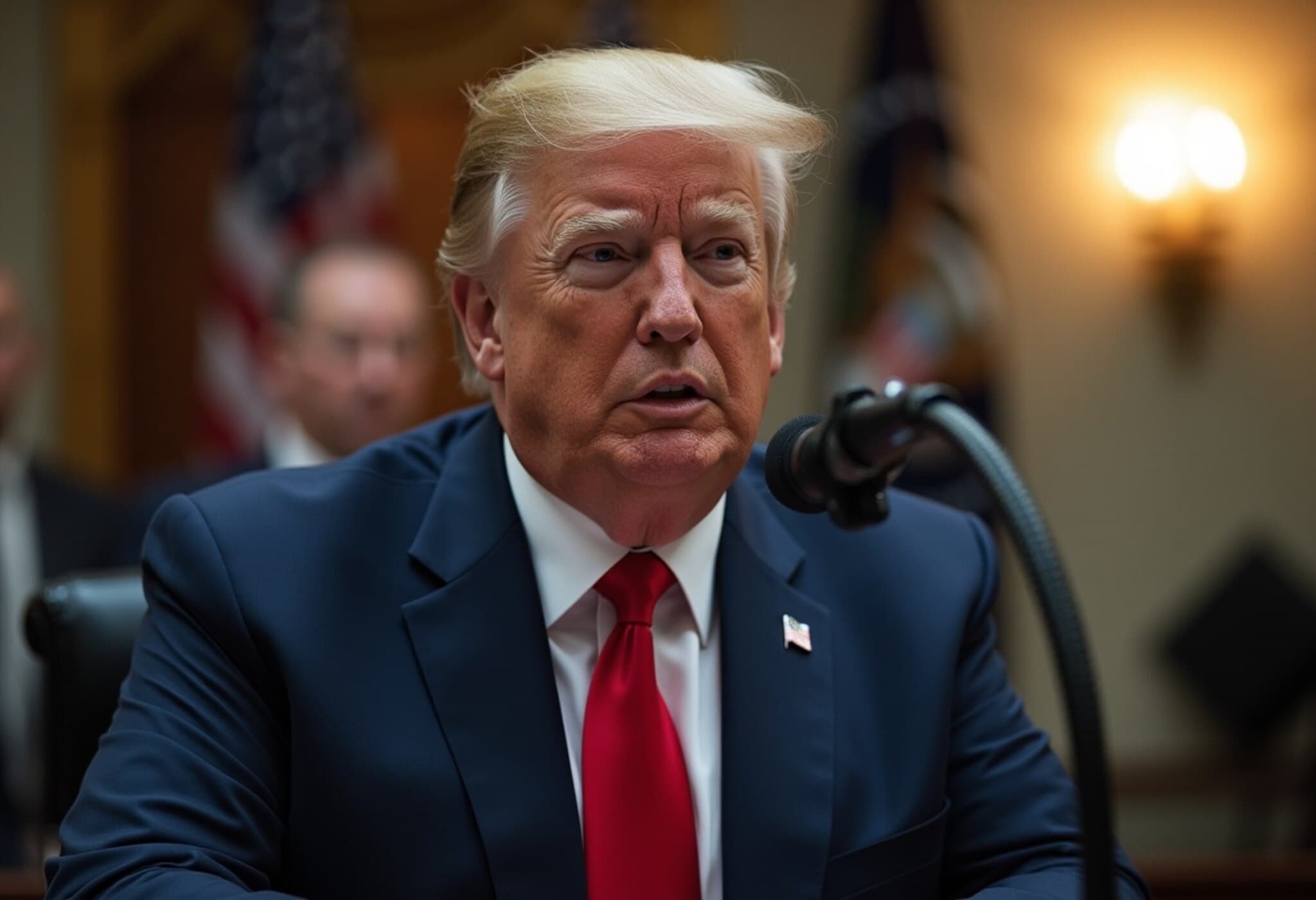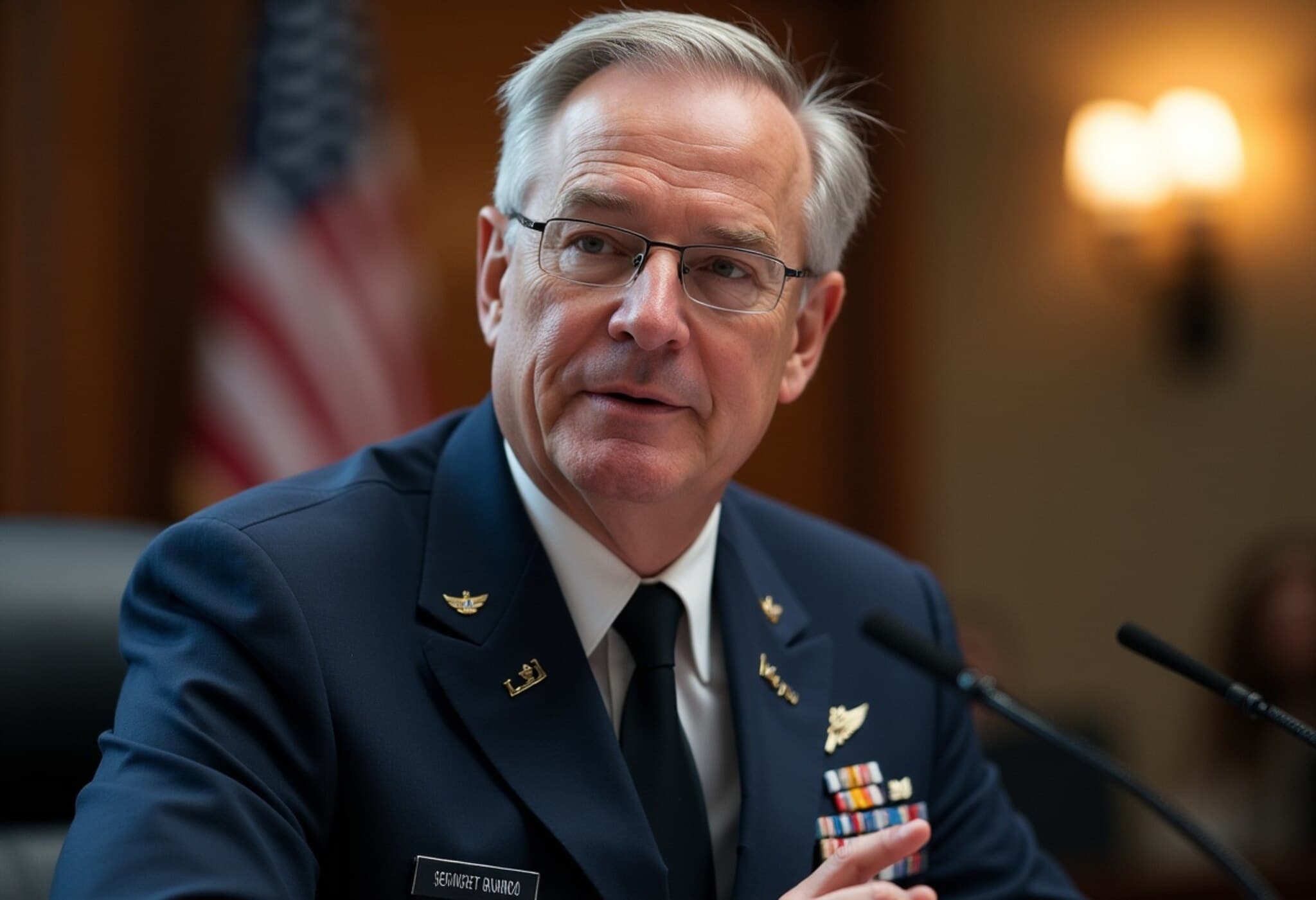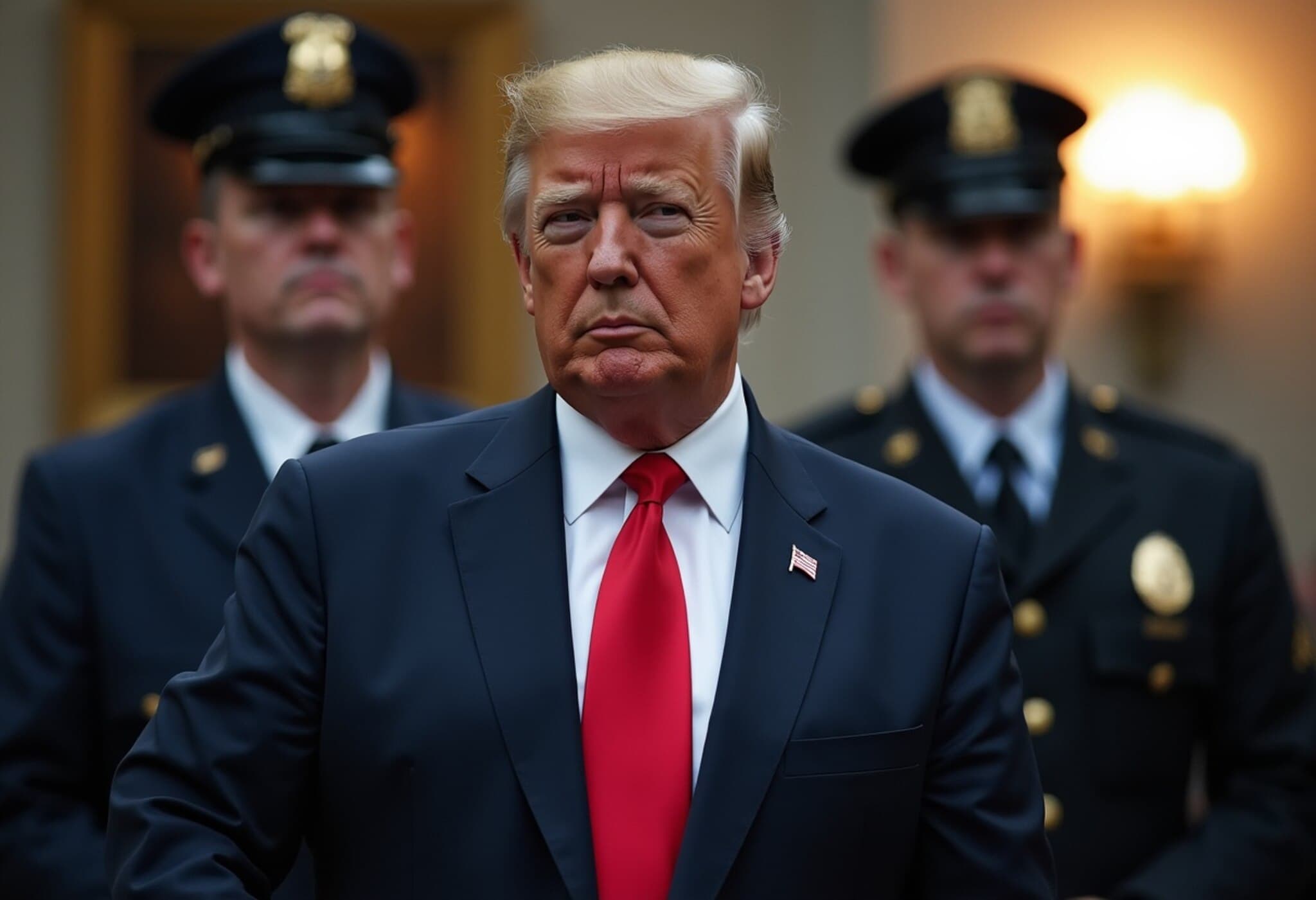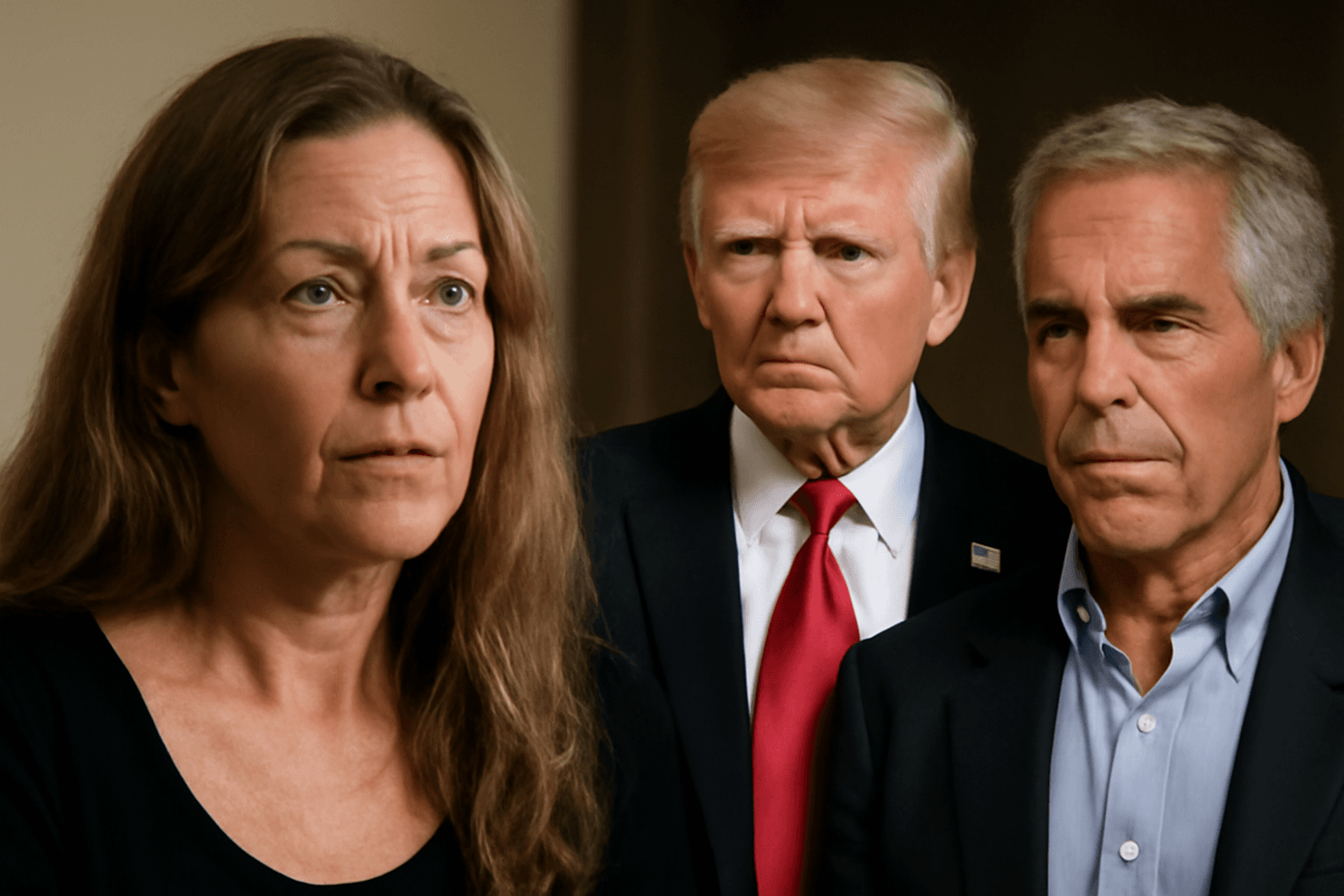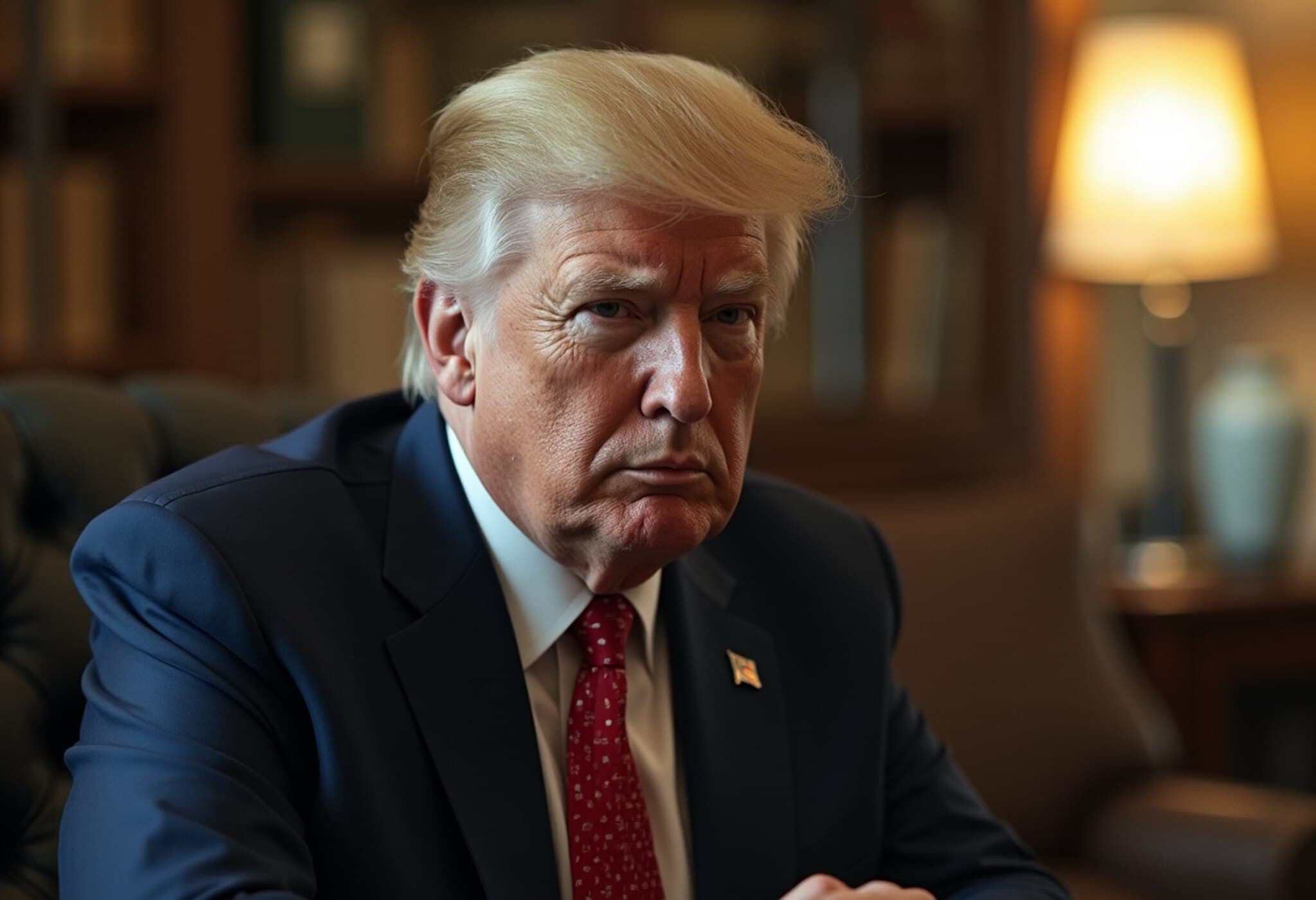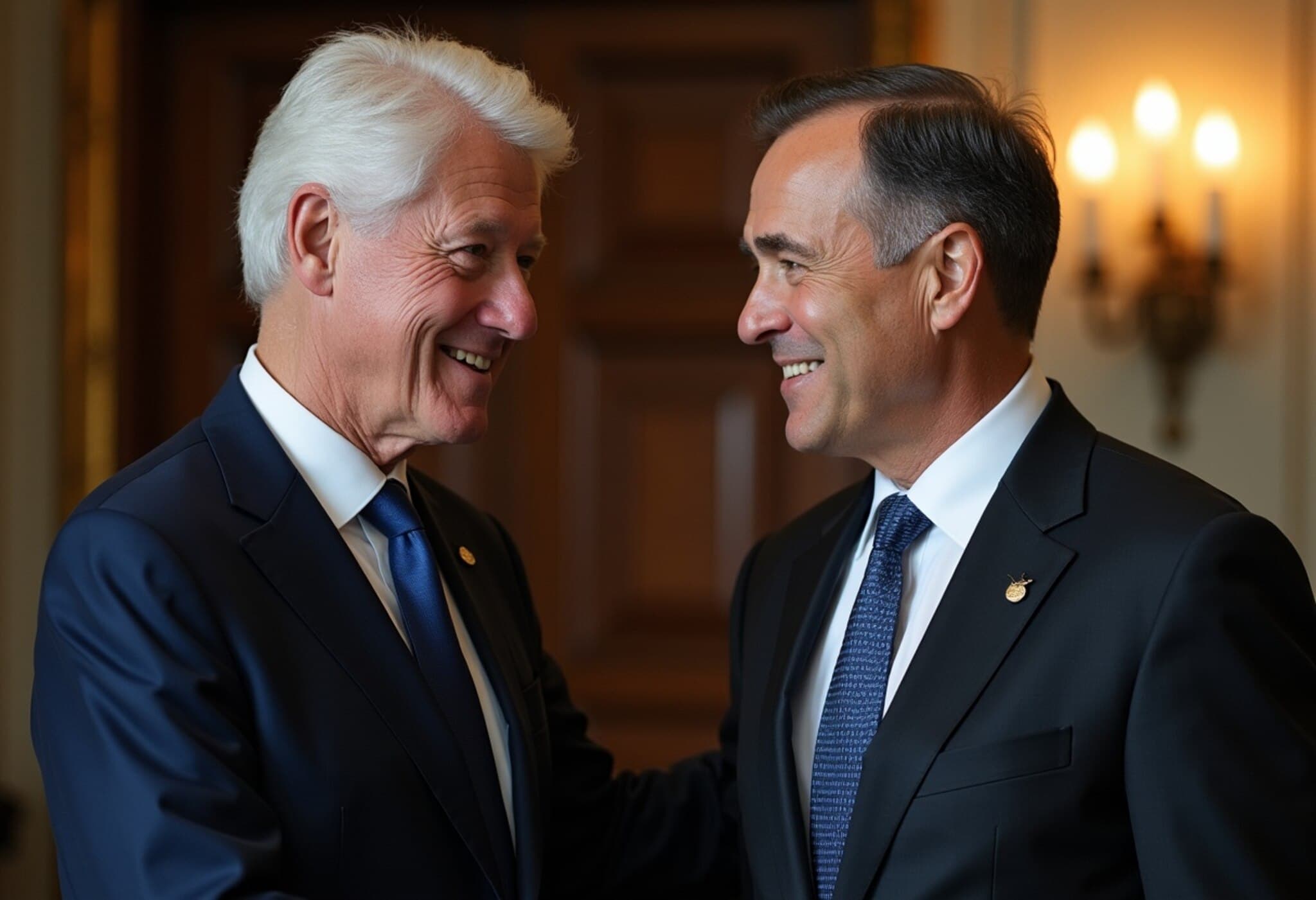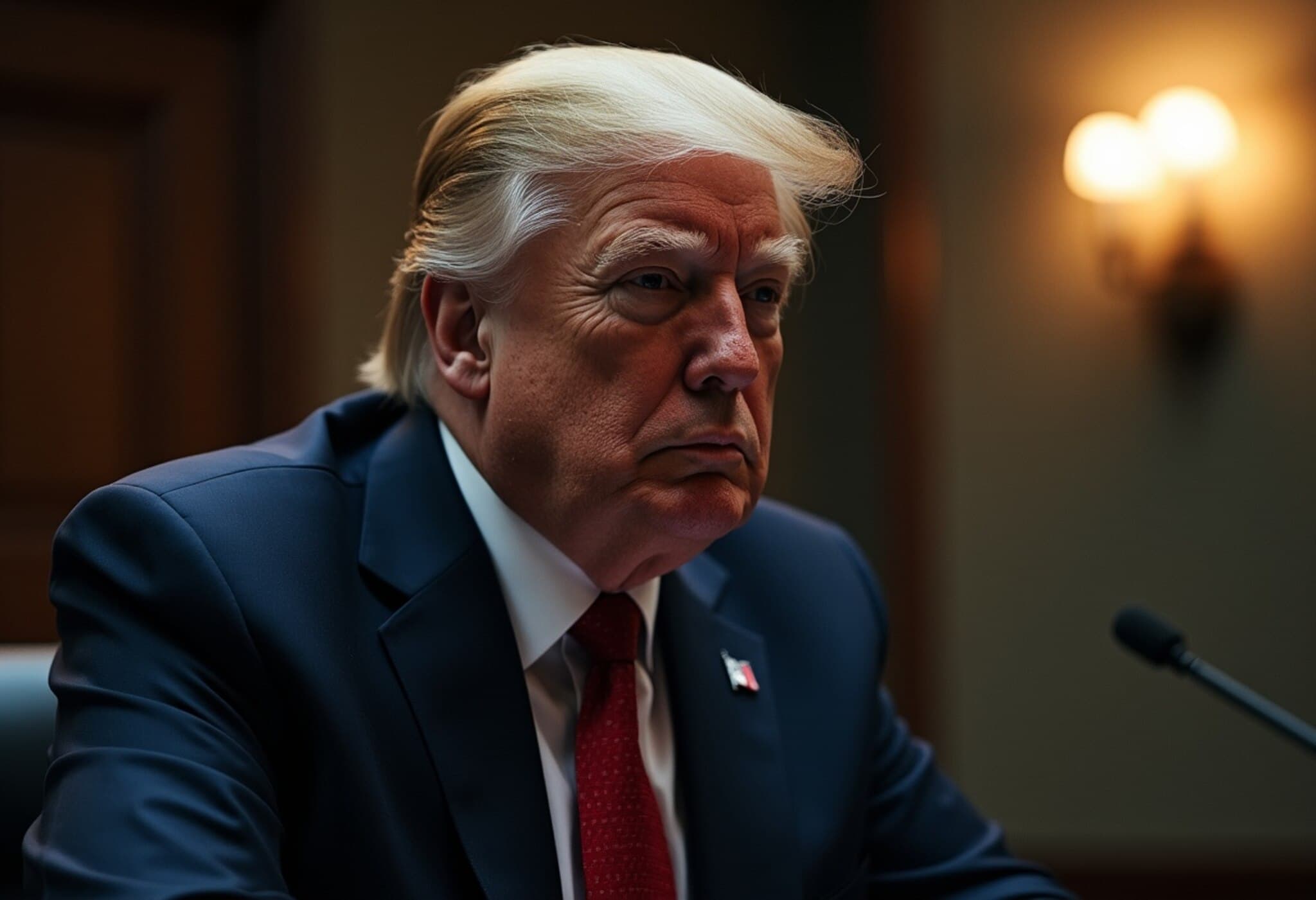FBI Director Kash Patel Addresses Resignation Speculations Amid Epstein Case Fallout
In a candid public statement on July 13, 2025, FBI Director Kash Patel firmly dismissed swirling rumors about his potential resignation, emphasizing his unwavering dedication to serving the President of the United States. The rumors emerged amid reports of Patel's alleged frustration with the Department of Justice’s (DOJ) management of the Jeffrey Epstein investigation.
Patel’s Firm Rebuttal to Conspiracy Claims
Taking to the social media platform X, Patel stated, "The conspiracy theories just aren’t true, never have been. It’s an honor to serve the President of the United States — and I’ll continue to do so for as long as he calls on me." These remarks come after speculation that Patel was dissatisfied with Attorney General Pam Bondi's handling of sensitive Epstein case documents, and rumors suggested Patel even sought Bondi’s removal.
Context: The Epstein Investigation and Controversies
The Epstein saga has long been enmeshed in controversy, with many questioning official narratives. Epstein's death in August 2019, ruled a suicide while awaiting trial, remains the subject of widespread doubt and conspiracy theories alleging foul play meant to shield influential figures. Patel’s statements appear to be an effort to calm intensified tensions and misinformation.
Joint FBI and DOJ Memo Dispels Allegations
Simultaneously, the FBI and DOJ issued a joint memo after an exhaustive review analyzing over 300 gigabytes of data and physical evidence linked to Epstein. This included disturbing material involving minors, highlighting the gravity of the investigation. Notably, the memo strongly refutes sensationalist claims:
- "No incriminating ‘client list’ was found.”
- "No credible evidence of Epstein blackmailing prominent individuals was discovered.”
- "No basis exists to implicate uncharged third parties or revisit disclosures of seized materials."
Deputy Attorney General Todd Blanche further echoed the unity between the FBI and DOJ leadership, affirming there was no internal rift over the findings or memo content.
Political and Public Reactions
The topic continues to evoke strong responses, including from President Trump, who voiced frustration over ongoing public and media focus on Epstein. In a recent statement, he remarked, "Are you still talking about Jeffrey Epstein? This guy’s been talked about for years… That is unbelievable." Later, the President used his platform on Truth Social to defend AG Bondi, urging supporters to respect her work and stop the criticism.
Expert Perspective: Navigating Facts Amid Misinformation
The Epstein case illustrates the persistent challenge government institutions face in managing transparency and public trust, especially when high-profile figures and grave allegations are involved. FBI Director Patel’s proactive communication reflects an understanding that addressing conspiracy theories head-on is essential to maintaining institutional credibility.
However, this situation also raises critical questions about the balance between protecting sensitive evidence and ensuring the public’s right to know. How can agencies better navigate this tension without fueling speculation? Moreover, Patel’s expressed frustrations hint at potential intra-governmental challenges when law enforcement and justice leadership roles collide on sensitive cases.
Conclusion
Despite persistent rumors, Kash Patel remains steadfast in his role as FBI Director amidst one of the most controversial investigations of recent times. Both the FBI and DOJ emphasize that in-depth reviews have not substantiated conspiracy theories about Epstein’s connections to powerful figures. Yet, the debate underscores the broader societal struggle to reconcile transparency, justice, and the desire for accountability.
Editor's Note
The Epstein investigation saga is emblematic of today’s information landscape—where facts, fears, and theories collide. As FBI Director Kash Patel continues to stand firm, it prompts us to consider the importance of critical media literacy and cautious interpretation of official narratives. Readers are encouraged to engage with verified information while recognizing the complexities faced by law enforcement agencies in highly politicized cases.

